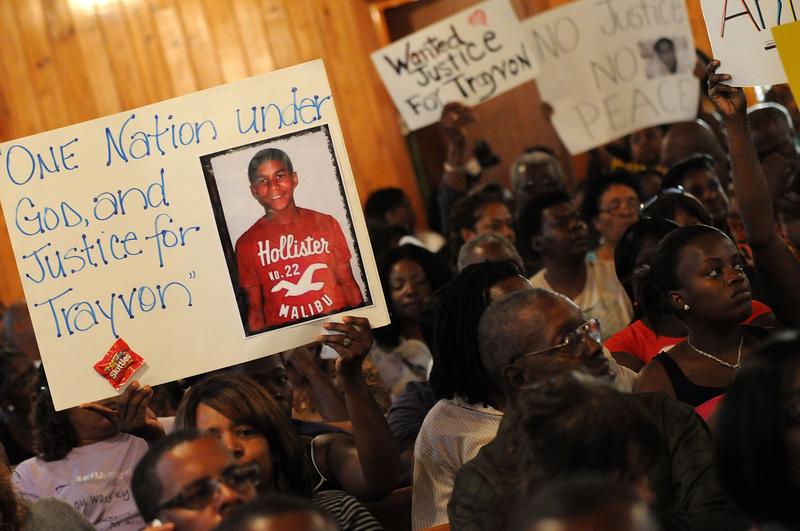Opinion: Let's Have 'The Talk' About John Derbyshire's Misdirected Anger

Framed as a response to pieces that have run in the New York Post and elsewhere on “the talk” that some black parents claim to have had with their kids about survival in a proverbial White Man’s World, John Derbyshire’s latest post at Taki’s webzine on “the talk” that he claims some white parents have with their kids about blacks is a racist rant chock full of unsubstantiated claims and anecdotal evidence presented as fact.
Describing African-Americans as both less intelligent than and hostile to white people, he outlines a nine-point plan based on what he calls “statistical common sense” to help whites look out for their “personal safety.” These include warnings to keep out of black neighborhoods, to avoid large concentrations of blacks in public and to make black friends to guard against charges of racism.
There’s been predictable outrage on the Web. Slate’s Dave Weigel called Derbyshire’s piece “disgusting.” Jonah Goldberg called it “indefensible.” Matt Lewis wrote that stuff like this reinforces the stereotype of the racist conservative. And National Review fired Derbyshire as a columnist after seeing its name dragged through the mud in association with a piece which editor Rich Lowry blogged that it never would’ve published.
This piece upset me too. But what struck me is the misdirected anger.
To wrap it in the guise of fact, Derbyshire links to supposed proof of blacks’ “antisocial” behavior: stories on everything from random acts of black-on-white violence to Congressional investigations of black lawmakers and statistics on suspensions of black students from school. He then uses what for the most part amounts to circumstantial evidence to draw dubious inferences about blacks in general. At one point, for instance, Derbyshire blames incompetence at the DMV on black workers’ alleged low intelligence and hostility to white people.
I won’t even bother to mention that white people work at the DMV too. Well I guess I just did.
But Derbyshire’s grievances here have something in common apart from the group to which he attributes them: Violence, ethical malfeasance, discipline problems and poor customer service transcend race. These are important issues that ought to be talked about. But this stuff starts at home. Parents have to teach kids to behave well at school and in public, to have a moral center and to give 100 percent to everything.
Then there’d be no bullying at school. There’d be no talking over movies at the movie theater. There’d be less political corruption. There’d be more proactive people behind the counter at Derbyshire’s DMV. That’s the conversation that we ought to be having. Race has nothing to do with this stuff. And if Derbyshire had relied more on evidence than on preconceived notions, he’d know that.